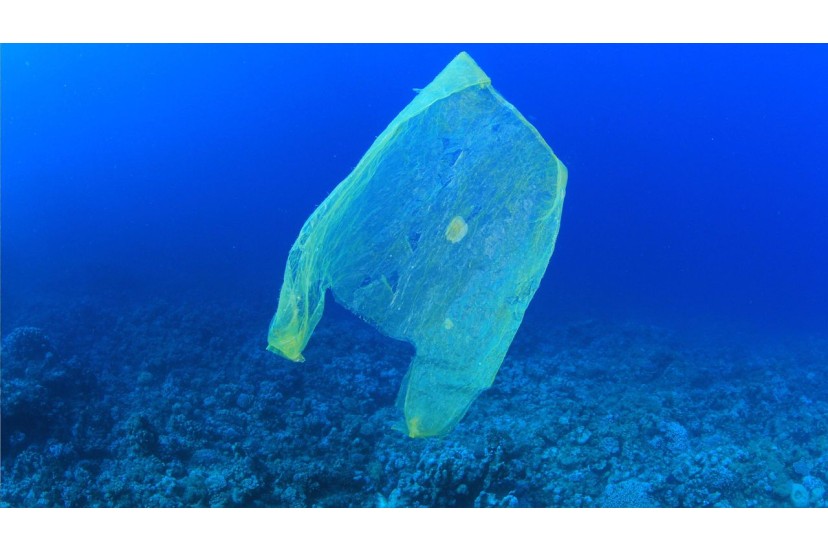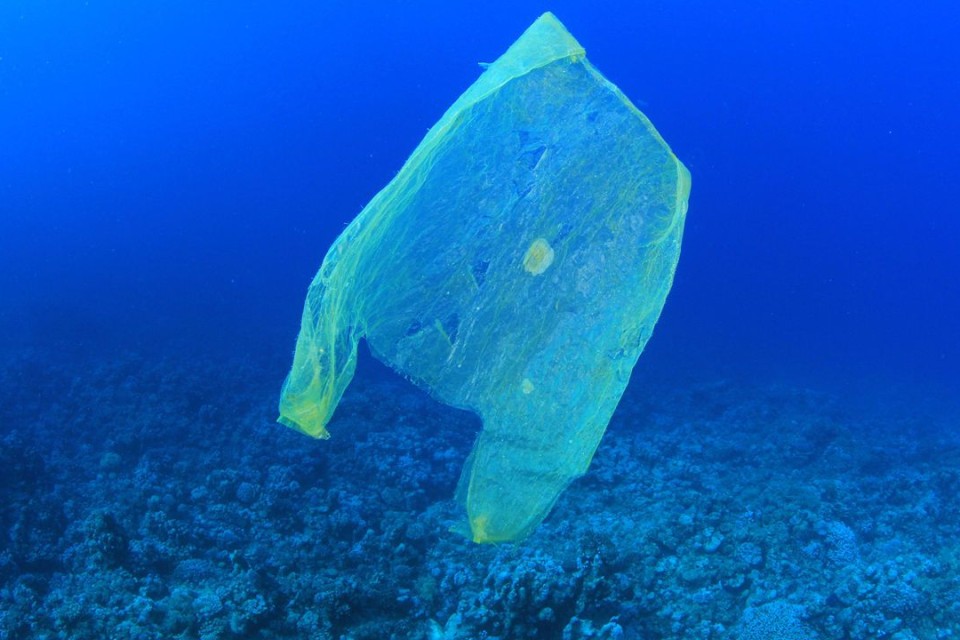These days, awareness of the excess plastic that plagues our planet has been growing. Whether through social media or awareness campaigns run by different organizations, the idea of ??a finite planet that has been exploited and damaged beyond any limit seems to start to impose itself and the notion that change is necessary begins to take hold. become more widespread.
If we focus, specifically, on the plastic that ends up in the sea annually, according to data from World Economic Forum, we are talking about a total of around 8 million tons of garbage. In fact, these numbers are only approximations and, therefore, are somewhat far from the true big (and scandalous) picture.
It's difficult to move on to a global picture without looking at what happens in our own homes. I can present you with a banal example of waste, which probably goes unnoticed by many1: Each of us uses a toothbrush (let's assume it's plastic) and, on average, we change it every three months, which results in about 4 brushes per year. If we multiply this by each of the 11,000 inhabitants of our country, it can be said that the plastic involved is equivalent to the weight of 200 adult elephants. Bridging the gap to what comes next becomes evident. Where do these brushes end up? At sea, unfortunately.
It is estimated that, every year, 9 million tons of plastic are thrown into the oceans, reflecting in small clusters of plastic, which are beginning to be called ?plastic islands?. One of the largest,The Great Pacific Garbage Patch (designation given by Curtis Ebbesmeyer), is known for having an area twice the size of the territory of France. This ?plastic patch? weighs 79 thousand tons ? a weight equivalent to the steel of the 25 de Abril Bridge2.
It's scary to think about this reality. Even more frightening are the impacts caused by it. Scientists believe that, at this rate and without anything being done to reverse this trend, within 20 years the amount of plastic particles in the sea will exceed the number of fish and many of the marine species we know today will be extinct in 25 years3. Today, the number of dead living beings asphyxiated as a result of plastic in the seas is around 100,0004 , in part, the result of the enormous amount of forgotten fishing nets at sea (called ?ghost nets span>?) which, in this area of ??the Pacific, represent 46% of the accumulated trash. And direct consequences for us? In addition to the reduction in fish stocks, which will certainly be a problem within a few years, another real focal point that is already impacting us is the fact that fish feed on the plastic present in their habitat, as well as heavy metals that are harmful to human health. And of course, the plastic that leaves our homes through garbage bags enters again but, this time, through the food on our plates at dinner. The danger of contamination of food chains, which occurs today, will certainly have an impact on our health in the future and our quality of life.
It is still possible to change these numbers. Cleaning actions in these areas of the ocean are already underway and lack funds that can be made available by ordinary citizens through donations. In addition to the monetary contribution, the contribution thatcomes from within from each one of us: the one that raises a sense of responsibility to reduce all the rampant and unnecessary consumption (not just plastic?) that we see these days.
Changing the future starts now, with small actions. Reduce your plastic consumption, don't be indifferent.
Raquel Fernandes
1 data based on the project ?Devil wears plastic?, by Ana Maria Dinis
2 font: Vision
3 based on a study released in 2016 by the Davos World Economic Forum









